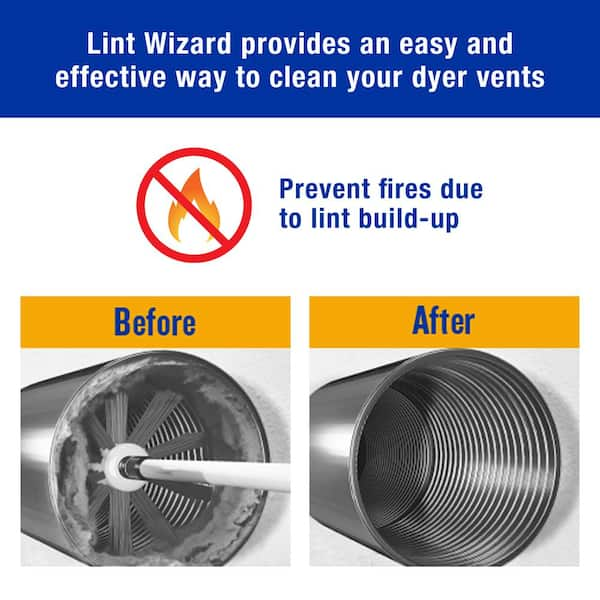
Apply Now


Smart Ways to Become a Nurse Practitioner in 2025: Discover Your Path
Within the ever-evolving field of healthcare, the role of nurse practitioners (NPs) is becoming increasingly vital. NPs are advanced practice registered nurses (APRNs) who possess the expert training to provide comprehensive care across a range of healthcare settings. As patient needs grow more complex, the demand for skilled nurse practitioners is skyrocketing, making it a promising career path. This article will guide you through the essential steps and requirements for becoming a nurse practitioner in 2025, including an analysis of nurse practitioner program duration, certification processes, and educational timelines. In light of the increasing need for healthcare professionals, aspiring NPs must gain insight into various accelerated nurse practitioner programs, degree requirements, and pre-requisites crucial for this journey. Understanding these aspects can significantly impact your preparation and career choices in nursing. Moreover, we’ll cover several pathways within the nurse practitioner realm, from the family nurse practitioner track to specialized areas like pediatric or psychiatric-mental health nurse practitioner education. By receiving proper training and education, you will enhance your skill set, paving the way for a rewarding career with impactful outcomes for your patients. The roadmap of becoming a nurse practitioner can be clear and fulfilling, especially when equipped with the right knowledge and resources.Understanding Nurse Practitioner Education Timeline
Navigating the nurse practitioner education timeline is essential for aspiring NPs. It typically begins with obtaining a Bachelor of Science in Nursing (BSN), which generally takes four years. Following this, candidates can pursue a Master of Science in Nursing (MSN) or a Doctor of Nursing Practice (DNP), both of which are crucial for advanced practice. The DNP is becoming more popular as it emphasizes leadership roles and advanced clinical training. Typically, nurse practitioner program duration ranges from two to four years for most master's or doctoral programs. The timeline may vary, depending on whether you choose to enroll in full-time or part-time nurse practitioner options. Full-time programs are structured to allow quicker progression through coursework and clinical hours, while part-time options are advantageous for those balancing work or family commitments. Moreover, those interested in accelerated nursing programs can complete their education in less time, usually allowing students to earn an advanced degree within three years. Understanding these timelines helps in planning your path towards becoming a nurse practitioner. Ensuring proper alignment with your lifestyle and career aspirations is paramount for successful completion.Nurse Practitioner Certification Process
Completing your education is just the first step in the nurse practitioner certification process. After earning a degree, aspiring NPs must pass a national certification exam to practice. The Nurse Practitioner Certification Board offers various certification options depending on your specialty track, such as family, pediatric, or psychiatric-mental health. This certification exam gauges your competencies in the respective area, ensuring preparedness for handling real-world challenges in healthcare. The certification process often includes not only the exam but also the requirement of clinical hours that provide practical experience alongside your studies. Furthermore, staying updated on state requirements for nurse practitioners is essential, as most states have specific licensure steps that vary from one region to another. Familiarizing yourself with these details helps you navigate through your certification journey smoothly. In addition, continuing education for nurse practitioners is vital for maintaining licensure and staying current with evolving practices in nursing.Specialized Nurse Practitioner Paths
When pursuing a career as a nurse practitioner, you will find various specialized paths that align with your interests and career goals. Some common tracks include the family nurse practitioner (FNP) track, adult-gerontology nurse practitioner program, pediatric nurse practitioner path, and psychiatric-mental health nurse practitioner education. Each path offers unique challenges and rewards, providing focused training specific to different patient populations. For those interested in family-oriented health care, the family nurse practitioner track is an excellent option. FNPs can work with patients of all ages, emphasizing preventive care and holistic health practices. Conversely, adult-gerontology nurse practitioners cater to adult patients, focusing on physical and mental health needs through a lifespan approach. If you are lean towards child health, the pediatric nurse practitioner path is especially rewarding, as it caters to children and adolescent populations. Lastly, the psychiatric-mental health nurse practitioner education delves into mental health issues, preparing you to address psychological aspects of patient care. Each of these paths offers robust training and can significantly impact healthcare delivery.Nurse Practitioner Job Market and Salary Timeline
Understanding the nurse practitioner job market is vital for those contemplating their career future. The demand for nurse practitioners is soaring, attributed to healthcare shortages and a growing elderly population. This leads to an abundant array of job opportunities for newly certified NPs across diverse settings, including hospitals, clinics, and telehealth services. Salary expectations for nurse practitioners are also optimistic. The typical salary timeline shows a gradual increase as NPs gain experience. Entry-level nurse practitioner programs are designed to prepare graduates for competitive salaries commensurate with their advanced training. Even as a new graduate, NPs can anticipate an impressive starting salary, with potential for rapid advancement as they accumulate experience and areas of specialization. Emphasizing the diverse work environments for nurse practitioners, you may find roles ranging from clinics in urban areas to rural healthcare positions. This diversity not only illustrates the importance of NPs in the healthcare system but also highlights the favorable work-life balance many practitioners enjoy, making it an attractive field for aspiring professionals.Choosing the Right Nurse Practitioner Program
Selecting the right nurse practitioner program can significantly influence your career trajectory. Important considerations include program accreditation, curriculum quality, faculty expertise, and opportunities for clinical experience. Top nursing schools offer well-rounded educational experiences that also emphasize the importance of clinical experience as an essential part of training. Additionally, researching nurse practitioner programs comparison helps you identify the most suitable option for your lifestyle. Programs vary greatly in scope, from full-time and accelerated formats to online nurse practitioner programs for increased flexibility. Mentorship and peer support groups for nurses may also be essential components of your educational journey. Participating in job shadowing nurse practitioners and engaging in networking opportunities can provide valuable insights into the field while helping to cultivate your professional development. Ultimately, choosing an accredited program that aligns with your career aspirations is key to achieving success as a nurse practitioner.Nurse Practitioner Q&A Section
What are the basic prerequisites to enter a nurse practitioner program?
The most common prerequisites include having a Bachelor’s degree in nursing, a current RN license, and some foundational courses in anatomy, psychology, and pharmacology. Each program may have additional requirements.How long does it typically take to complete nurse practitioner training?
Generally, it ranges between two to four years for MSN or DNP programs. This timeline may depend on whether you work full-time or choose part-time nurse practitioner options.What certifications do I need after completing my nurse practitioner degree?
After completing your degree, you will need to sit for the national certification exam related to your chosen specialty, which is a requirement for licensure in most states.What is the role of nurse practitioners in the healthcare system?
Nurse practitioners play crucial roles in providing comprehensive patient care, performing assessments, diagnosing illnesses, developing treatment plans, and collaborating with other healthcare professionals to enhance patient outcomes.How can I find financial aid options for nurse practitioner programs?
Many educational institutions offer scholarship options for nursing students, alongside federal loans and grants. Additionally, various professional associations provide funding opportunities based on specific criteria.
